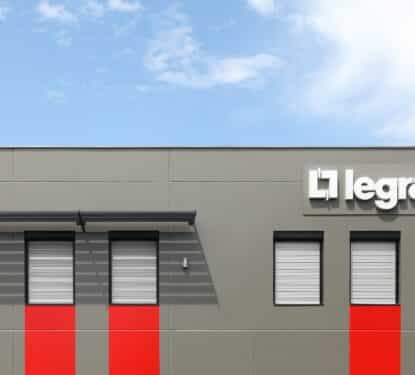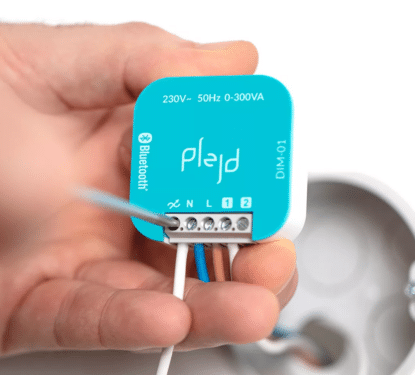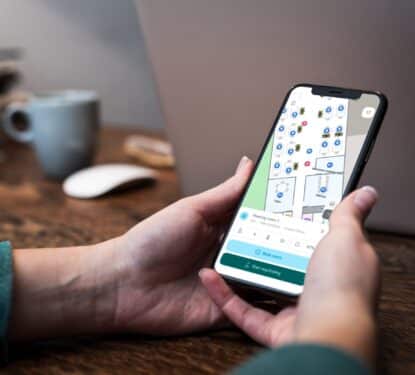General contractors, technicians, and handyman-labor hold unique roles, especially within the small and medium scale residential and commercial building sector. Every day these figures are welcomed into buildings for repairs and develop trust through maintenance of critical systems. Every day they advise building operators on how to optimize their systems and even guide decision-makers on upgrades or retrofits.
As leading smart technology manufacturers and vendors continue to search for new ways to trigger the long-anticipated wave of widespread smart building adoption, they are starting to take notice of the humble contractor as a potential game-changer.
“HVAC contractor business owners and their field technicians are uniquely positioned to spearhead new waves of energy efficiency in homes and businesses,” says James McPhail, CEO of California-based Zen Ecosystems. “For example, when servicing a building’s boiler after an issue, a technician can recommend monitoring technology that enables greater insight into the device’s operations before a problem occurs. Wireless-enabled technology can be a huge driver for customer adoption since techs don’t need to rewire the entire building to integrate new products — it can fit right in with their existing professional footprint.”
Smart building technologies are becoming easier to install without the need for knocking holes in walls, running wires, or other disruptive activities. Many devices are battery-operated, for example, easily positioned or mounted, and require no cabling or structural changes. Certain smart technologies would require little technical or sales training for a technician to provide, and they fit within the loosely-defined general contractor’s mandate.
“Technicians’ proximity to and relationships with their customers are key tools for building effective product solutions,” says McPhail. “One easy steppingstone is the smart thermostat, which can answer questions like “how is my air conditioning working?” and offer conveniences like smartphone integration — all without new wiring. Then technicians can package other solutions onto that foundation, such as lighting control, energy load switch control, security features, cameras, door locks, window locks or sound detection.”
As is often the case with smart buildings, one technology installation leads to a range of applications. The thermostat is a thermal control system but also a productivity tool, a health and comfort enhancer, and remote pet-care system. Lighting illuminates but also offers security functions, energy efficiency potential, and all manner of health, wellbeing, and productivity benefits based on cutting-edge HCL research. The general contractor as a salesperson and installer of smart technology seems feasible but managing the full range of smart applications, for each of their technology verticals, might be too much.

On the other hand, the building technology landscape is evolving and the whole sector has to evolve with it or be left behind. Contractors have already begun their own digital transformation in how they connect with customers and offer their services. Mobile apps like Task Rabbit, Thumbtack, and Home On Demand, have brought contractors into the gig-economy. This has increased the number of independent workers and small businesses, who are accessed directly by a growing customer base, and further develops their “trusted” characteristics through ratings and reviews.
At the same time, smart expectations of building owners, tenants, and occupants are also transforming as smart technology and concepts filter down to buildings of all sizes. “HVAC contractors and technicians should be aware that tenant sophistication is increasing,” says Robert Hemmerdinger, chief sales and marketing officer at Delta Controls. “Tenants want more control over their environments. Granular room control will become the norm across the industry. One of the biggest hurdles to this will be finding the proper balance of technology and control to incorporate the preferences of all occupants within a space.”
All these trends further increase the potential of contractors as “smart technology sales channels.” The situation is attractive to the sector as a whole for its smart technology adoption potential, and entice contractors themselves for the financial rewards. “[Smart apps are] just the beginning of a tech-enabled development for the contracting industry. By rolling more smart technology — like software platforms and IoT devices — into their business offerings, modern technicians can offer more impact and value to their customers and their wallets,” says McPhail.
All the potential in the world will not allow general contractors to serve a building with all its smart needs but they can play a pivotal role in introducing buildings to their first smart technologies. As “gateways” to smart building systems, contractors can use their trusted relationship with the customer to recommend and install lighter smart devices and ensure they can handle basic applications. From there, customers will be more comfortable experimenting with new applications and heavier tech.
This is a disruptive idea that potentially solves the first-adopter issues that hold back the smart building industry. A sales-channel-based disruption that simply requires contractors to be better informed about smart technology, which can be done via apps, and vendors ready to adapt their sales models to incentivize a wide range of small scale contractors. They are the connection to the many dumb small-to-medium-sized buildings, that represents the majority of building stock and the biggest obstacle to the smart world we are striving for.
Follow to get the Latest News & Analysis about Smart Buildings in your Inbox!



